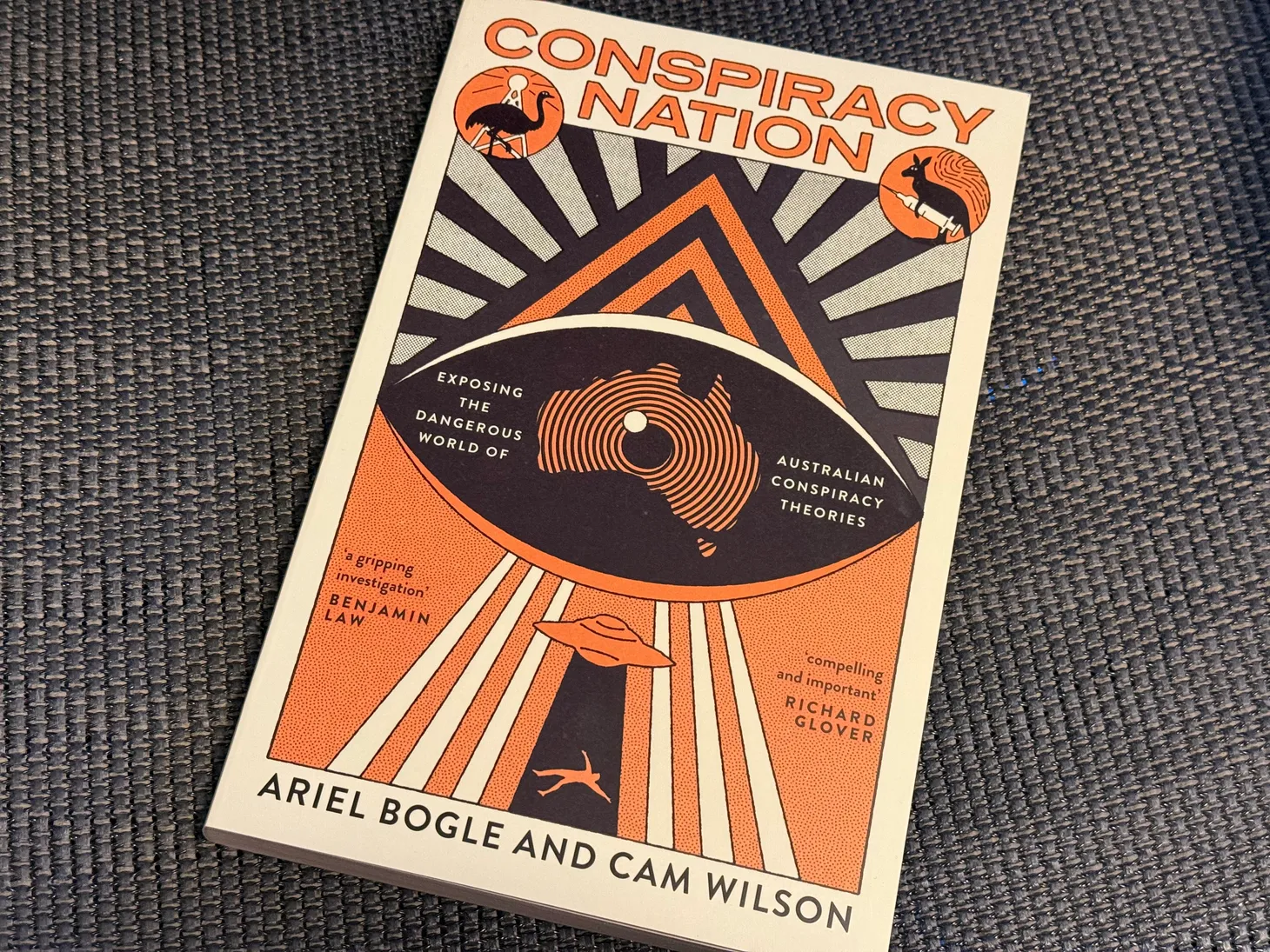Facebook helps boost NYU research project monitoring its ads – by suing it
Facebook goes after an NYU research plugin designed to give greater transparency to political adverts.

Researchers at New York University created a plugin that allows people to share their Facebook targeted political advertising experiences. The NYU Ad Observatory collects around 16,000 ads a week and the data gives researchers insight into how the ads are being targeted and who to.
This displeases Facebook, which claims the plug-in breaks its terms of service. So, as spotted via Politico, the megacorp has demanded the researchers stop using it by November 30 threatening “additional enforcement action."
This is a bit odd, given that Facebook has recently made efforts to be more transparent with its political advertising. Users wishing to place such ads so close to the election have to answer a series of questions and even provide ID.
You might think the company would welcome some third party efforts to further these goals. However, this isn’t even the first time Facebook has gone after such advert transparency plugins, on the same grounds.
But, pleasingly, under the grand tradition of the Streisand Effect, Facebook sure seems to have helped bring awareness to the plugin by suing its makers. And, even more pleasingly, the New York University researchers have no plans to stop.
“We’re not going to comply with it,”said research group member, Laura Edelson “What we are doing is perfectly legal and is in the public interest.”
This has weight, as the Ad Observatory has already unearthed political ads that did not feature the required disclaimers from all ends of the spectrum. One featured pro Biden ads from a Latino new and entertainment website, others were bought by conservative sites, and even Chinese state media.
“When things get through the cracks and vulnerable communities are targeted with harmful content, they have a right to know,” Edelson explains. “People are concerned about how they are being targeted, and Facebook has not done a good job in providing that level of transparency.”
Byteside Newsletter
Join the newsletter to receive the latest updates in your inbox.



